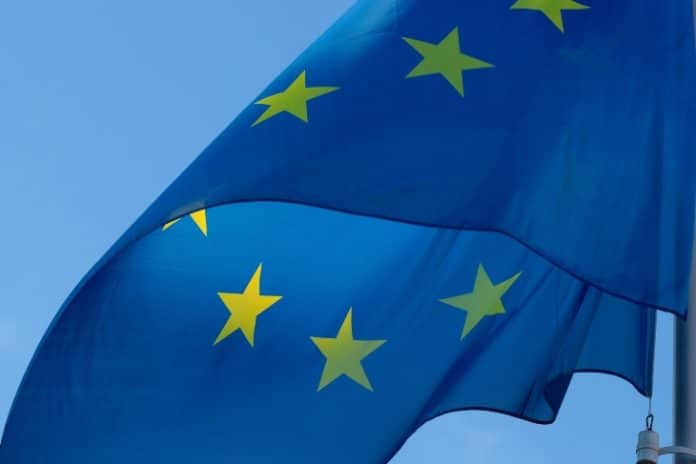The European Union has adopted measures to quickly release funding from the bloc’s budget to help tackle the effects of the COVID-19 pandemic.
The Coronavirus Response Investment Initiative, which enters into force on April 1, will give member states access to €37 billion of cohesion money. This can be used to strengthen healthcare systems, as well as support small and medium-sized enterprises, short-term working schemes, and community-based services.
European Commission President Ursula von der Leyen said the EU stands ready to do more as the situation evolves.
“The Coronavirus pandemic is testing us all. This is not only an unprecedented challenge for our healthcare systems, but also a major shock for our economies… We will do whatever is necessary to support the Europeans and the European economy,” von der Leyen said.
About €8 billion of the €37 billion will come from allowing member states to spend unused money to mitigate the impact of the pandemic instead of returning it to the EU budget. Another €29 billion of the total will be disbursed early from allocations which would have been due later this year.
The EU Solidarity Fund will also be deployed to support the most affected countries. Initially created to provide financial assistance to EU Member States dealing with natural disasters, major public health crises such as COVID-19 will now also fall within the fund’s remit.
The hardest-hit member states will get access to financial support of up to €800 million in 2020. Support will be decided on a case-by-case basis.
Additional links:




